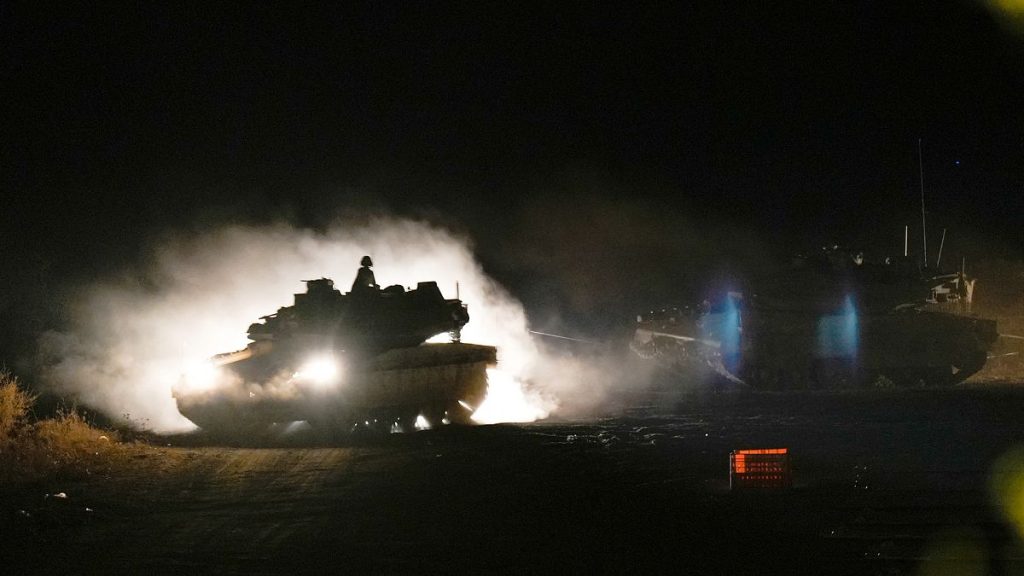The conflict in the Middle East has escalated to a point where experts are warning of potential wider regional war with massive implications for Europe and the world. The European Union, in particular, is being criticized for its perceived double standards in dealing with conflicts, such as condemning Russia’s President Putin while adopting an ambivalent attitude towards Israel and the Middle East conflict. This lack of consistency in Europe’s approach is damaging to its credibility and the defense of fundamental values. The crisis in the Middle East is also directly linked to migration flows, as people flee war-hit areas in search of safety.
The Italian government, which currently holds the presidency of the G7, is pushing for the United Nations Security Council to consider strengthening the mandate of the United Nations Interim Force in Lebanon (UNIFIL) and extending its powers and responsibilities. Despite the ongoing conflict and increasing tensions, UNIFIL has stated that it will remain in place and any crossing into Lebanon will be considered a violation of Lebanese sovereignty. However, diplomatic efforts to ease tensions and find a resolution to the conflict have so far failed to produce concrete results, as Israel launched a ground incursion into Lebanon and engaged in clashes with Hezbollah militants.
The conflict has resulted in a significant humanitarian crisis, with millions of people displaced and thousands killed in Lebanon. The situation is further complicated by the involvement of various armed groups and international actors, including Russia’s role in Syria. The lack of stability in the region not only affects the immediate conflict but also has broader implications for the global economy and security. The escalating violence and ongoing crisis in the Middle East pose a serious threat to regional stability and could potentially lead to wider conflict with far-reaching implications for the EU and the international community as a whole.
The G7 leaders have called for de-escalation and a decrease in tensions along the Israel-Lebanon border, recognizing the urgent need to address the conflict and prevent further violence. The involvement of international bodies such as the UN Security Council and UNIFIL highlights the importance of multilateral cooperation in addressing complex conflicts and crises. The Italian government’s efforts to strengthen UNIFIL’s mandate and responsibilities demonstrate a commitment to finding a peaceful resolution to the conflict and mitigating the humanitarian impact on the region.
In conclusion, the worsening crisis in the Middle East poses a significant challenge to the international community, particularly Europe and the EU. The conflicting interests and actions of various parties involved in the conflict, along with the failure of diplomatic efforts to bring about a resolution, highlight the complexities and dangers of the situation. Addressing the crisis requires a coordinated and comprehensive approach, including bolstering the role of international organizations and engaging in constructive dialogue to de-escalate tensions and find a lasting solution to the conflict. The humanitarian consequences of the conflict must also be prioritized, with efforts focused on providing assistance and support to the millions of displaced people and those affected by the violence.













